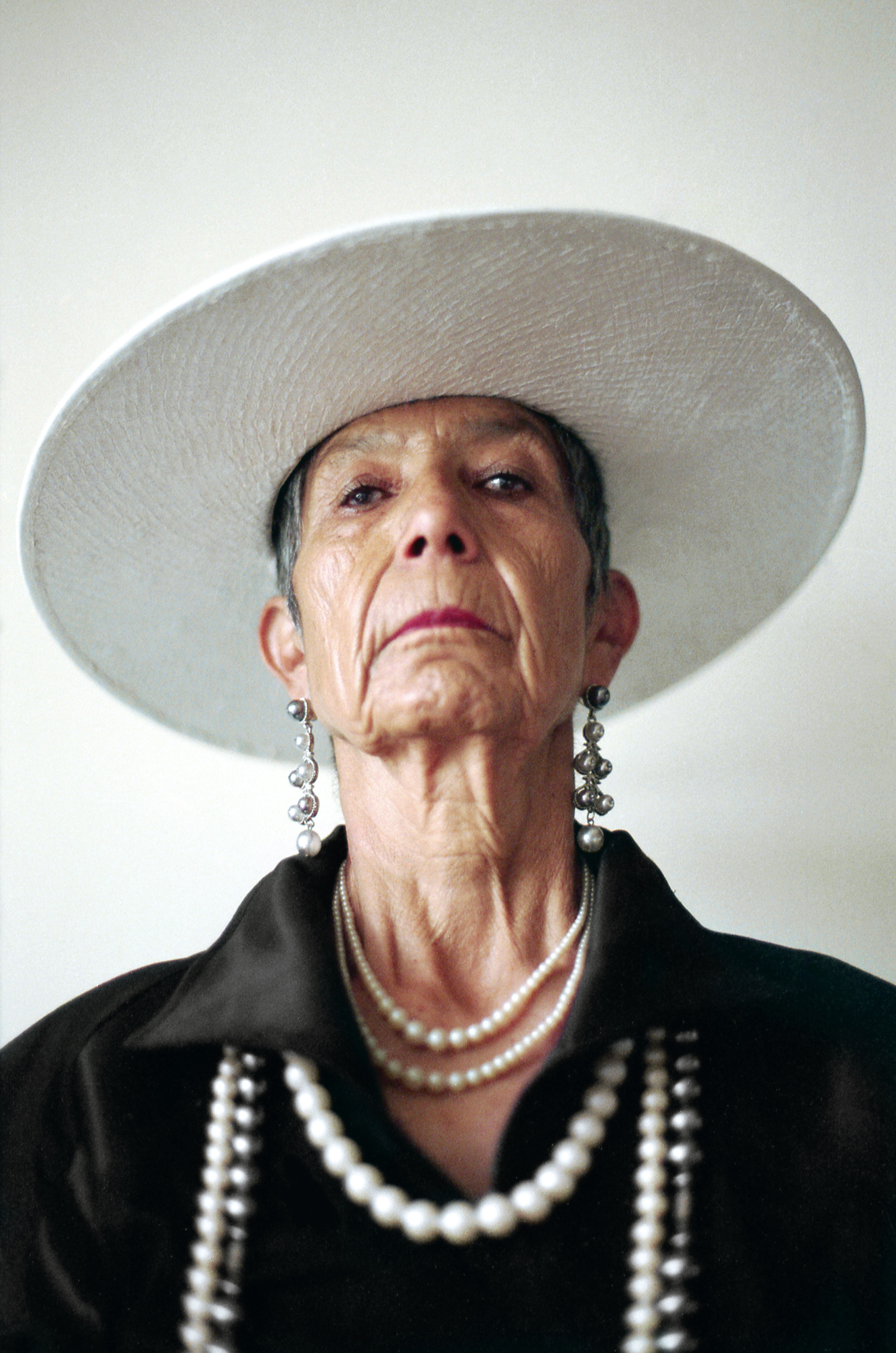The photographic practice of Marisol Mendez (b. 1991, Cochabamba, Bolivia) revolves around the tensions between past and present, reality and fiction. Through her series, she questions established hegemonic discourses and exposes the fractures that have arisen in discriminated societies.
On View 02 focuses on her most recent project, entitled MADRE, which has just been published as a photo book by Setanta Books. Marisol Mendez works have been exhibited in numerous group shows and festivals like Sharjah Biennial 15, Getxophoto, Format and Athens Photo Festival.
The photographic practice of Marisol Mendez (b. 1991, Cochabamba, Bolivia) revolves around the tensions between past and present, reality and fiction. Through her series, she questions established hegemonic discourses and exposes the fractures that have arisen in discriminated societies.
On View 02 focuses on her most recent project, entitled MADRE, which has just been published as a photo book by Setanta Books. Marisol Mendez works have been exhibited in numerous group shows and festivals like Sharjah Biennial 15, Getxophoto, Format and Athens Photo Festival.

Matriarca
From the series MADRE
MADRE is, at its core, an exploration of femininity. After examining the cultural representation of womxn in her native Bolivia, Marisol Mendez discovered that they were (and still are) subjected to a patriarchal, phallocentric and colonial perspective. Her fascination with Catholic iconography and the influence it has exerted on the American continent throughout history led her to start working with its imagery, which has helped her to understand how religion has reinforced a specific perception of womxn. From these dogmatic beliefs, she realised how womxn have been reduced to a sexist perception known as the Madonna-Whore complex.
The majority of womxn in Bolivia continue to suffer from traditional patriarchal structures, sexualisation and even racism resulting from a misrepresentation of ethnic groups, even though the nation recognises almost 36 different indigenous groups. These inequalities and tensions are visible in Marisol Mendez's images which reveal a new, contemporary and empowered Bolivian womxn based on numerous references from the past. MADRE eliminates the reductionist idea of what it means to be a woman, which has been culturally imposed for so long.
MADRE is, at its core, an exploration of femininity. After examining the cultural representation of womxn in her native Bolivia, Marisol Mendez discovered that they were (and still are) subjected to a patriarchal, phallocentric and colonial perspective. Her fascination with Catholic iconography and the influence it has exerted on the American continent throughout history led her to start working with its imagery, which has helped her to understand how religion has reinforced a specific perception of womxn. From these dogmatic beliefs, she realised how womxn have been reduced to a sexist perception known as the Madonna-Whore complex.
The majority of womxn in Bolivia continue to suffer from traditional patriarchal structures, sexualisation and even racism resulting from a misrepresentation of ethnic groups, even though the nation recognises almost 36 different indigenous groups. These inequalities and tensions are visible in Marisol Mendez's images which reveal a new, contemporary and empowered Bolivian womxn based on numerous references from the past. MADRE eliminates the reductionist idea of what it means to be a woman, which has been culturally imposed for so long.







